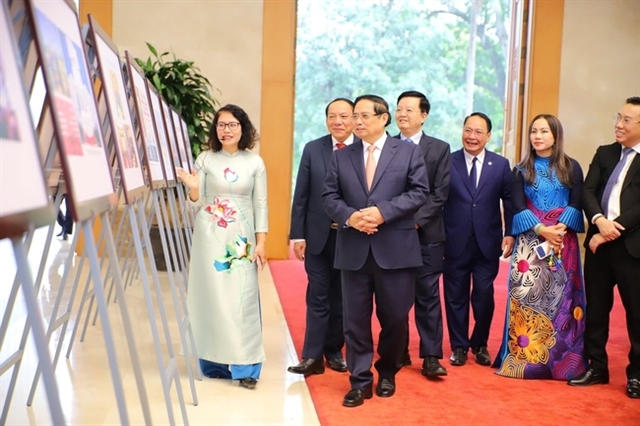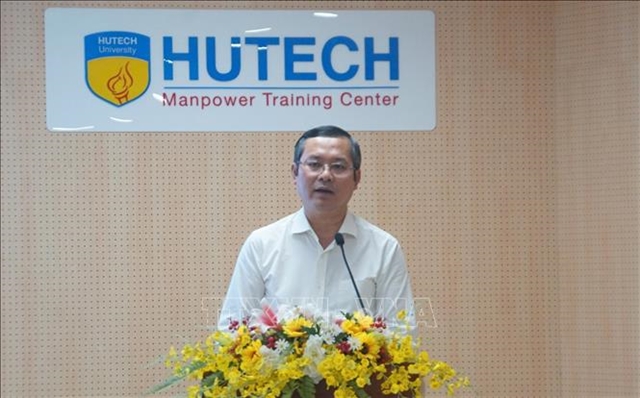 Society
Society

Difficult living conditions at relocation villages in Lai Châu Province have forced people who have lived there for a decade to move back to their hometown.
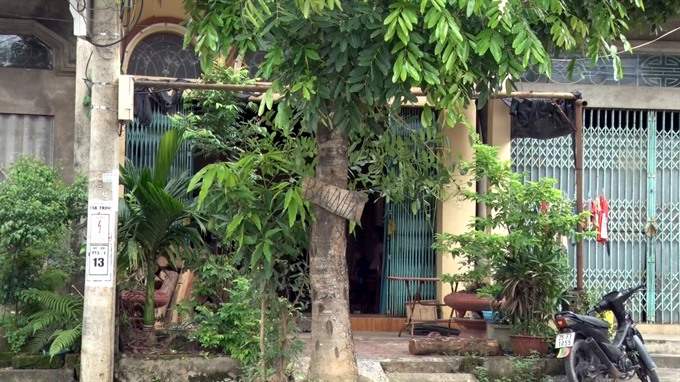 |
| A local resident has put his house up for sale. — Photos Công Hải |
Công Hải - Trần Toản
LAI CHÂU — Difficult living conditions at relocation villages in Lai Châu Province have forced people who have lived there for a decade to move back to their hometown.
A decade ago, 90 households in the northern province of Lai Châu left their hometown, Sìn Hồ District’s Chăn Nưa Commune, and relocated to Phong Thổ District’s Phong Thổ Town due to the construction of the Sơn La Hydropower Plant.
While some households have managed to settle down at the town’s relocation villages of Pa So and Hữu Nghị, many others, after 10 years of struggling to survive, have decided to either move back to their hometown or find other places to live.
Mai Ngọc Thắng’s family, head of the Civil Protection Unit of Phong Thổ Town, was one of the pioneers to relocate to Pa So Village. Three couples of the family are living altogether in a 200sq.m area, without land for agricultural production.
“I plan to sell goods at the market but there are too few people living here to buy them, which makes us struggle financially,” he said. “The place is probably suitable only for old people who receive a retirement pension from the State,” he said.
Thắng has put his house up for sale. His children have all got married, but none of them have found jobs.
Among the 40 households that originally relocated, only 18 households currently still reside in Pa So Village, Thắng said.
Phạm Quang Đông’s family, another household that was relocated, moved to the village in 2004 and has been struggling to make a living ever since.
“If I was still young I would move to live somewhere else,” Đông said.
“Most of my block’s residents don’t have jobs. We do not have vocational schools,” he said. “Most of the youth have either rented their houses or hired someone to look after their houses and gone to find jobs elsewhere.”
When the State asked them to leave their hometown, each household received compensation of VNĐ76 million (US$3,408), Đông said. But such an amount could not last a decade, and has made it hard for the relocated villagers to settle down.
The same situation has happened in the relocation village of Hữu Nghị. Half of some 40 relocated households have moved back to their hometown, most of them of working age who don’t receive an old age pension, said Cao Xuân Thưởng, a villager. Those who stayed are the ones whose houses were replaced by the Sơn La Hydropower Reservoir.
Most of the households that left the relocated villages are residing in Chăn Nưa Commune’s Chiềng Chăn 3 Village.
“We have the opportunity and resources to grow crops and raise cattle here,” said Đỗ Thành Chung, a relocated villager who moved again. “Life is easier here. The authorities here are also more supportive.”
Based on the commune’s statistics, of some 70 households who relocated to Phong Thổ Town 10 years ago, 20 households (some 40 people) have returned.
Bùi Văn Sơn, vice chairman of the commune People’s Committee, said: “Due to time constraints, no proper research was carried out about the relocation villages and living conditions there before the relocations were carried out.”
“No one should be blamed, but the resettlement work did happen too fast, too soon,” he said.
Speaking at a conference in the northern mountainous province of Điện Biên at the beginning of the month, Prime Minister Nguyễn Xuân Phúc ordered officials to guarantee an improvement in living standards for people who were relocated due to the construction of the Sơn La Hydropower Plant.
The PM said that the resettlement work, which has been carried out over the past 15 years, needs to ensure that those in relocated households have improved spiritual, material and cultural lives.
The Sơn La Hydropower Plant is one of the key national projects to supply electricity for socio-economic development, industrialisation and modernisation.
To prepare for the building of the plant, more than 20,300 households, with some 93,000 people in Sơn La, Điện Biên and Lai Châu provinces need to be relocated. — VNS
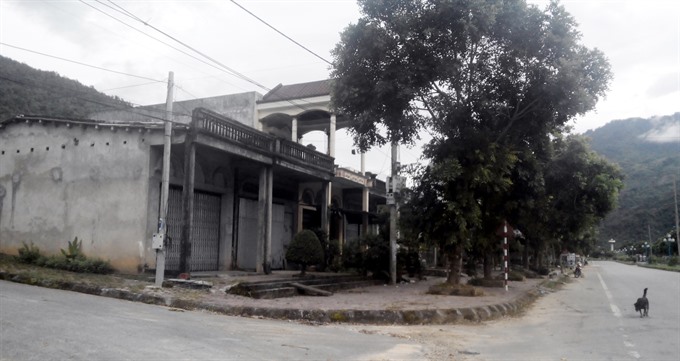 |
| Many houses are left deserted following families moving back to their hometown. |
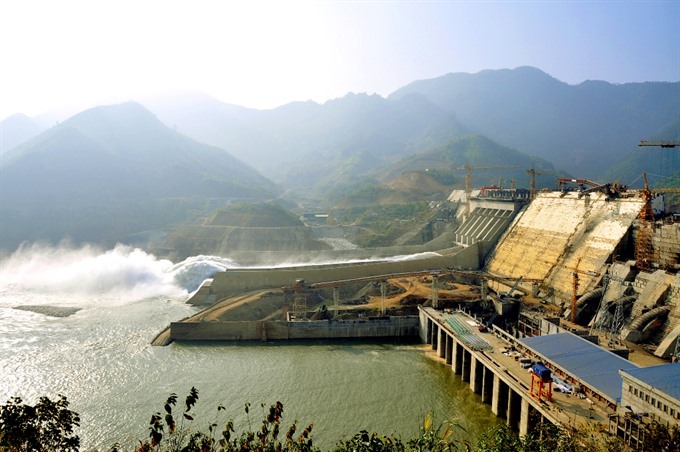 |


